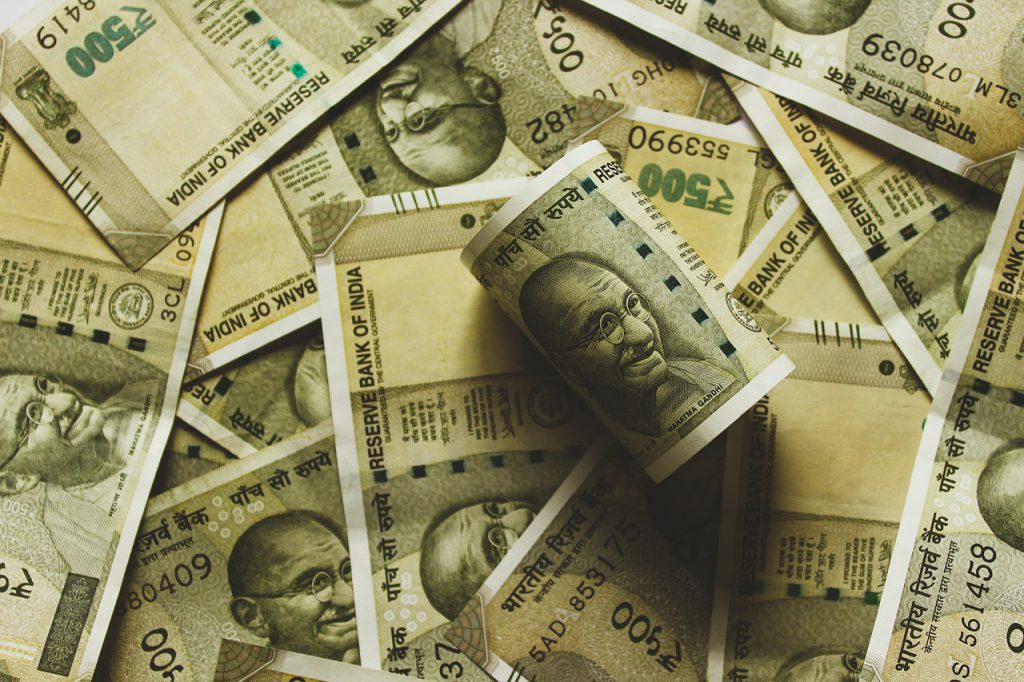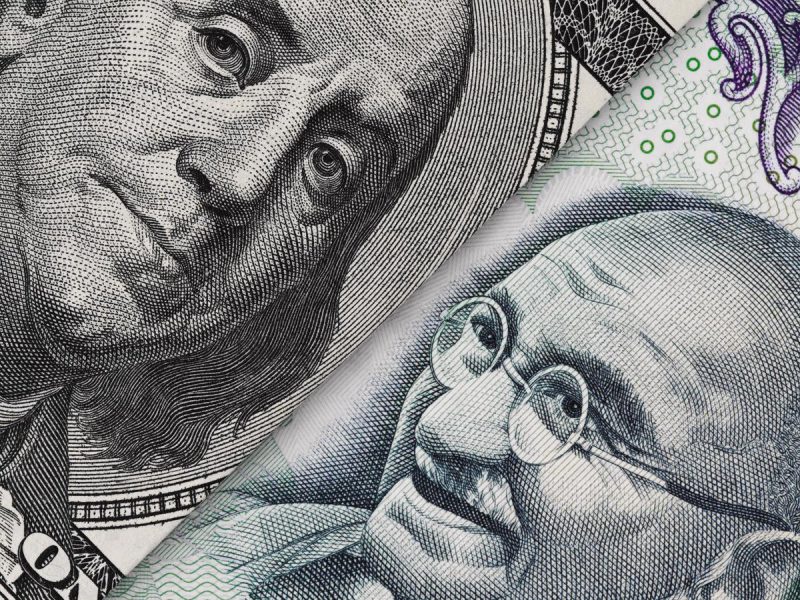BRICS member India is accused of dumping billions worth of US dollars to keep their local currency Rupee from ending on a low. Reuters reported that the Reserve Bank of India (RBI) directed a state-run bank to sell the US dollar in the foreign exchange markets to keep the Rupee from falling. Large-scale dumping of the US dollar tilted the balance of the USD in favor of INR, accused forex traders. Read here to know how much BRICS member India aggressively sold US dollars to keep the Rupee in a favorable position.
Also Read: BRICS: Malaysia Advancing To Eliminate U.S. Dollar Financial System
In a recent update, foreign exchange traders are puzzled as to why India is intervening in the international currency markets. For the uninitiated, India is not the only country that stepped forward to defend its local currency. BRICS member China placed curbs on companies dealing with the US dollar and limited their ability to trade. Moreover, The move puts the Yuan a step ahead of the US dollar in the forex markets.
In addition, currency officials in Japan are looking at ways to keep the Yen on top of the US dollar. Japan’s Vice Minister of Finance Masato Kanda announced that the country will deal with speculative trading against the Yen currency. Read here to know how Japan is interfering in the forex markets for an in-depth and better understating.
Also Read: BRICS: China & India Ditch US Dollar For Oil, Save $17 Billion
Also, BRICS is inspiring several countries to challenge the US dollar in different ways and limit its growth in the markets. Read here to know how many sectors in the US will be affected if BRICS stops using the dollar.
BRICS: Forex Traders Puzzled Why India is Saving the Rupee Against US Dollar


The rising US Treasury yields are adding pressure on the developing countries’ economies, reserve assets, and currencies. The RBI Governor Shaktikanta Das said on Thursday that the Central Bank’s objective is “not to fix” the dollar-rupee rate.
Also Read: U.S. Dollar Outperforms All 11 BRICS Currencies & Gold
“The only possible reason is to keep INR anchored with their invisible hand, ensuring less market speculations and anti-INR trade positioning, in case the tide gets difficult globally,” said Madhavi Arora, lead economist at Emkay Global Financial Services to Bloomberg.
“The global conditions are extremely volatile and uncertain because of which the pressure on the Rupee is effectively very high,” said Upasna Bhardwaj, Senior Economist at Kotak Mahindra Bank.





